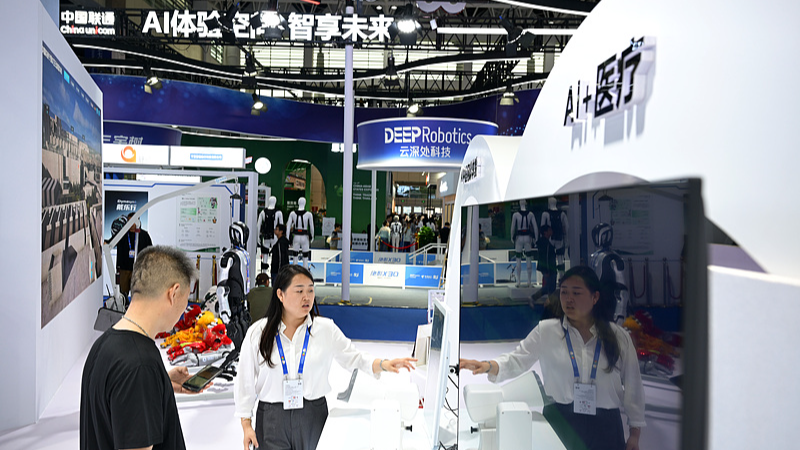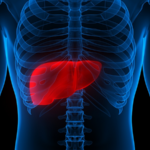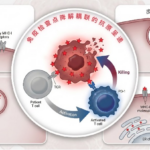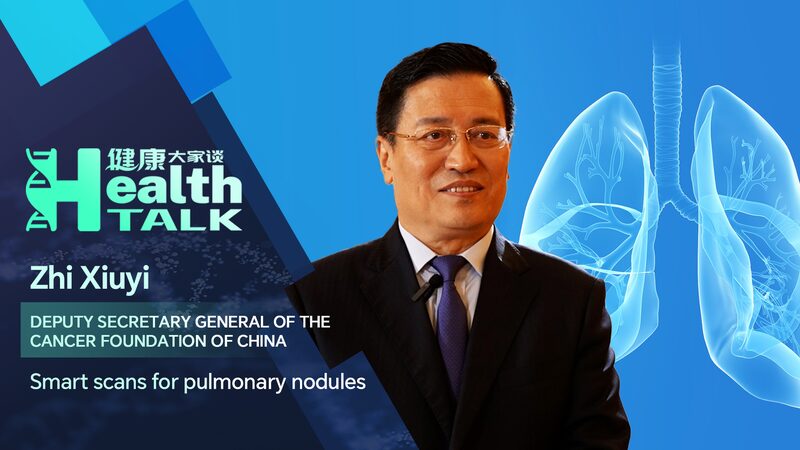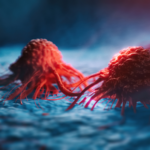Artificial intelligence is reshaping global healthcare systems, transitioning from experimental technology to essential clinical infrastructure. From detecting microscopic tumors to guiding chronic disease management, AI tools are becoming indispensable in doctors' workflows while raising critical questions about data security and systemic integration.
The New Medical Collaborator
Professor Xu Chuan of Chongqing Jinfeng Lab describes AI as medicine's "super assistant," citing its ability to identify cancer lesions smaller than sesame seeds on medical scans. "This isn't about replacing doctors," Xu clarifies, "but enhancing human expertise through pattern recognition beyond biological limits."
Data: The Foundation of Trust
The effectiveness of medical AI depends on standardized health records and secure data sharing. China's Reference Guide for AI Healthcare Applications addresses these challenges through strict privacy protocols and a "dual registration" system requiring both regulatory and hospital ethics approvals. Developers bear legal responsibility for algorithmic errors, while hospitals answer for uncritical reliance on AI outputs.
From Treatment to Prevention
Xu envisions AI transforming reactive healthcare into continuous monitoring: "Imagine systems predicting heart attacks weeks in advance by analyzing real-time biometrics." Virtual hospitals could democratize access to specialists, particularly benefiting rural areas through AI-assisted diagnostics at village clinics.
Global Implications
As nations develop AI healthcare frameworks, China's regulatory model offers insights into balancing innovation with patient safety. The technology's potential to reduce costs through predictive care and home-based rehabilitation could reshape medical economics worldwide.
Reference(s):
AI in healthcare: now a must-have for every doctor's toolkit
cgtn.com
